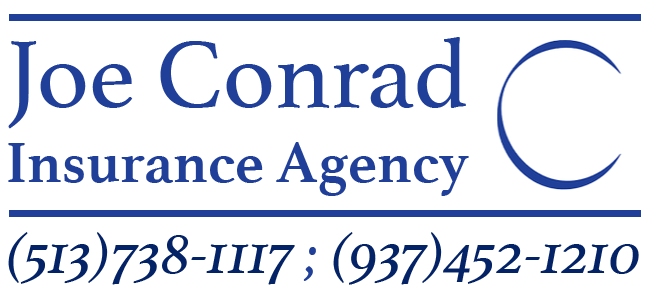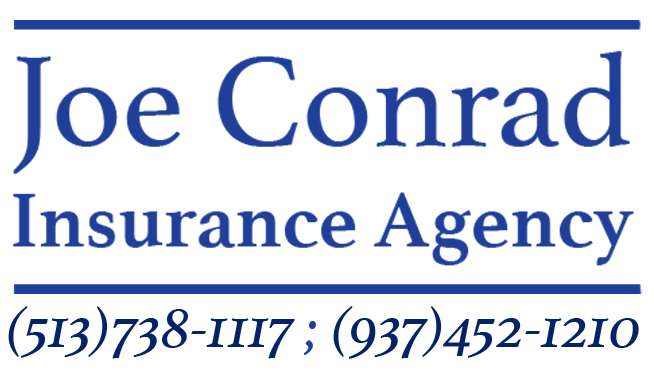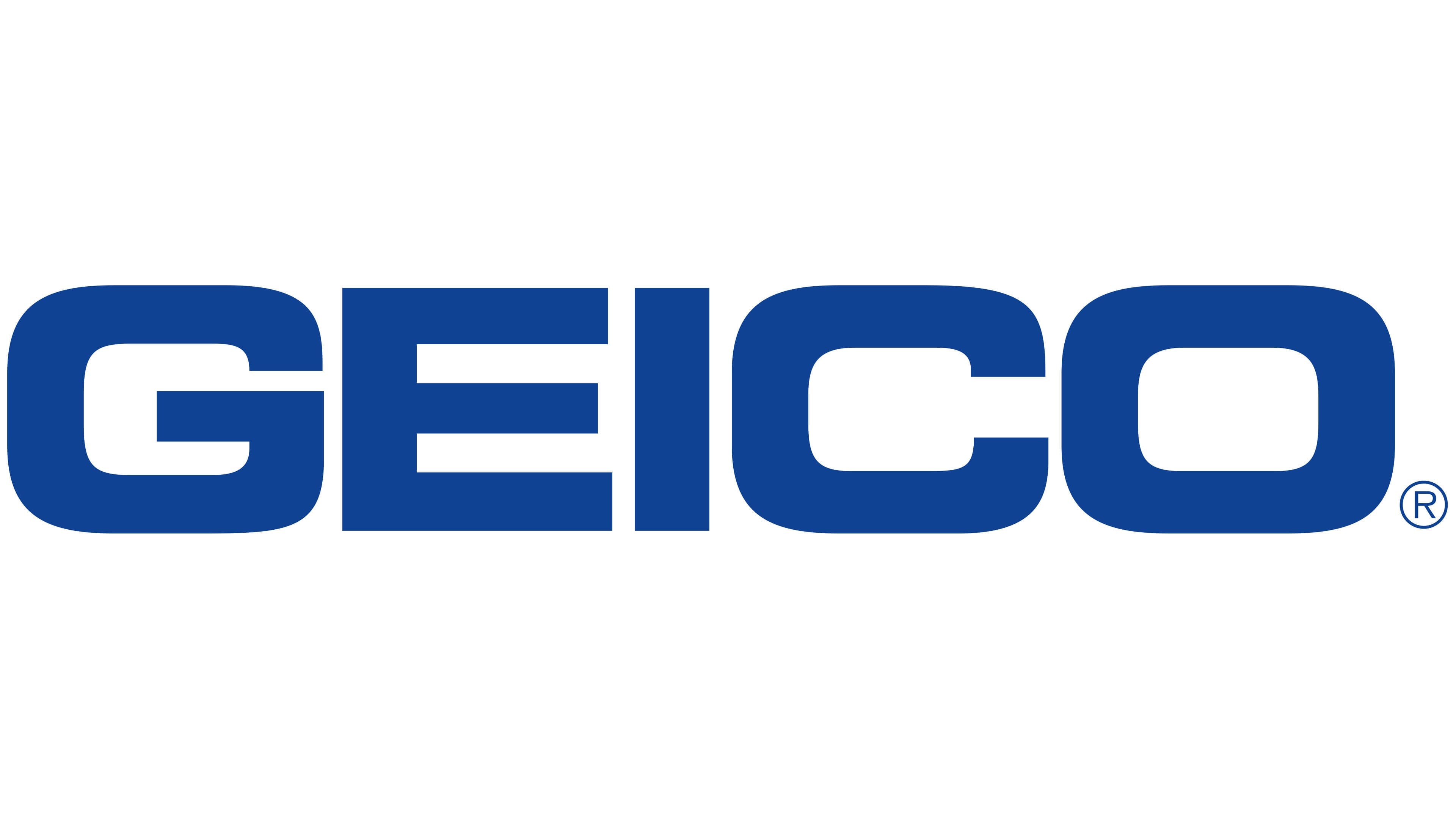Blog
Spring Cleaning: Refresh Your Life Insurance Policy
Spring is the perfect time for a fresh outlook—not just for your home but for your financial health too. While you might associate spring cleaning with decluttering closets, it’s also an ideal...
Read more
Joe Conrad Insurance Agency: New Appointments with Geico & State Auto
Introducing New Insurance PartnershipsWe are excited to announce that Joe Conrad Insurance Agency is now appointed with two industry-leading insurance providers: Geico and State Auto. This new...
Read more
Essential Outdoor Fire Safety Tips for Summer
As the warmer months draw us outdoors, ensuring fire safety becomes crucial, whether you love to grill, camp, or host a backyard fireworks show. At Joe Conrad Insurance Agency, we're committed to...
Read more
7 Essential Road Safety Tips for Your Summer Travels
Did you know that nearly 82% of all American adults intend to travel this year? With such a high volume of travelers, it's crucial to remain vigilant and take proactive measures before hitting the...
Read more
10 Essential Tips for Choosing the Right Business Insurance
Selecting the right insurance for your business is a critical decision that can significantly affect your company's future. With the right coverage, you can safeguard your operations against...
Read more
The Financial Impact of Not Having Adequate Event Insurance
When it comes to organizing events, whether you're a small business, a large corporation, or an individual planning a significant personal event like a wedding, the importance of having adequate...
Read more
The Ultimate Guide to Understanding Liability Insurance for Small Businesses
Running a small business is no small feat. It requires hard work, dedication, and a keen understanding of not just your market, but also the risks involved in your operations. One of the essential...
Read more









